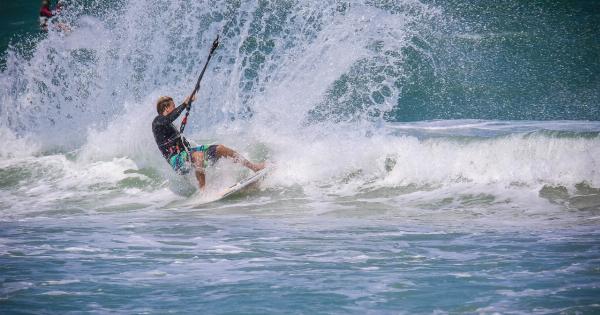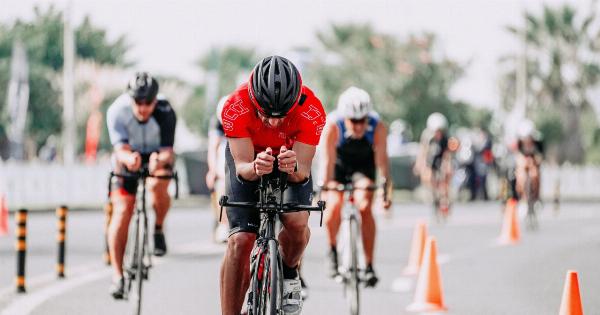Head injuries are common in sports like football, soccer, and boxing. Athletes often return to the field or ring after being hit in the head without realizing the long-term consequences of these injuries.
One of the most devastating effects of head injuries in sports is dementia. Dementia is a term used to describe a range of symptoms associated with a decline in memory and cognitive abilities. It can be caused by a number of conditions, including head injuries.
How Head Injuries Can Cause Dementia
When someone is hit in the head, the brain can bounce around inside the skull, causing damage to the brain tissue. This damage can occur even if the athlete doesn’t lose consciousness.
Over time, the damage to the brain can accumulate, leading to changes in the structure and function of the brain. These changes can cause dementia.
The Symptoms of Dementia
There are many symptoms of dementia, including:.
- Memory loss
- Difficulty with language
- Difficulty with routine tasks
- Personality changes
- Difficulty with vision or spatial relationships
These symptoms can be very distressing for the individual with dementia and their loved ones. They can also affect the athlete’s ability to perform in their sport.
Dementia in Athletes
Athletes who have suffered head injuries are at an increased risk of developing dementia later in life.
A study published in the Journal of the American Medical Association found that retired NFL players were more likely to suffer from cognitive impairment and depression than the general population. Another study published in the Journal of Neurotrauma found that retired boxers who had been knocked out more frequently had poorer cognitive function than those who had been knocked out fewer times.
Despite these findings, many athletes continue to play their sport after suffering a head injury. They may not realize the long-term consequences of these injuries or may feel pressure to stay on the field.
This can be a dangerous decision, as continued head injuries can lead to further damage to the brain and make the individual more susceptible to developing dementia.
Preventing Head Injuries in Sports
Preventing head injuries in sports is crucial for the safety of athletes. There are several steps that can be taken to reduce the risk of head injuries, including:.
- Wearing proper safety equipment, such as helmets, goggles, or mouth guards
- Following the rules of the sport and avoiding dangerous plays or moves
- Ensuring proper training and conditioning to reduce the risk of injury
- Recognizing the signs of a concussion and seeking medical attention immediately
Coaches, trainers, and other sports officials also have a responsibility to protect the safety of athletes by enforcing safety rules and regulations.
Treating Head Injuries and Dementia
If an athlete does suffer a head injury, it is important to seek medical attention immediately. Treatment for a head injury may include rest, medication, or surgery, depending on the severity of the injury.
Early treatment can help prevent further damage to the brain and reduce the risk of long-term effects like dementia.
If an athlete does develop dementia, there are a variety of treatments that may help manage their symptoms and improve their quality of life. These treatments may include medication, therapy, or lifestyle changes, such as exercise and a healthy diet.
Conclusion
Head injuries in sports can have devastating long-term effects, including dementia. Athletes and sports officials must take steps to prevent head injuries and seek proper treatment if an injury does occur.
By taking these steps, we can help protect the health and well-being of athletes and reduce the risks of dementia.


























